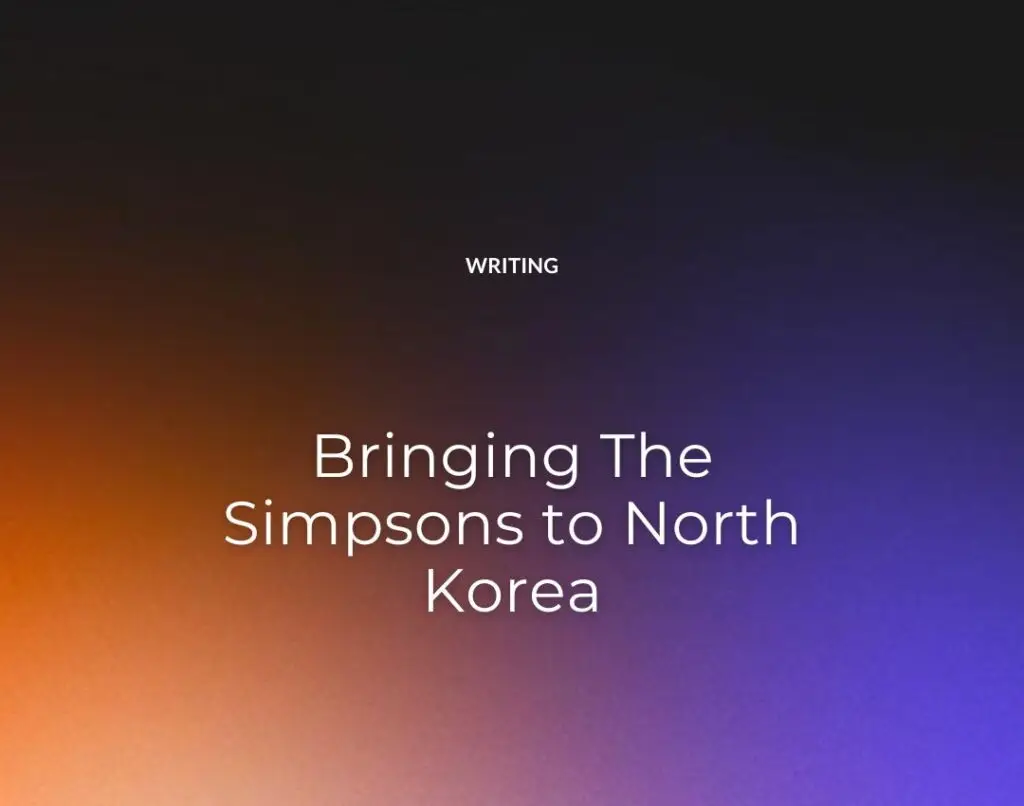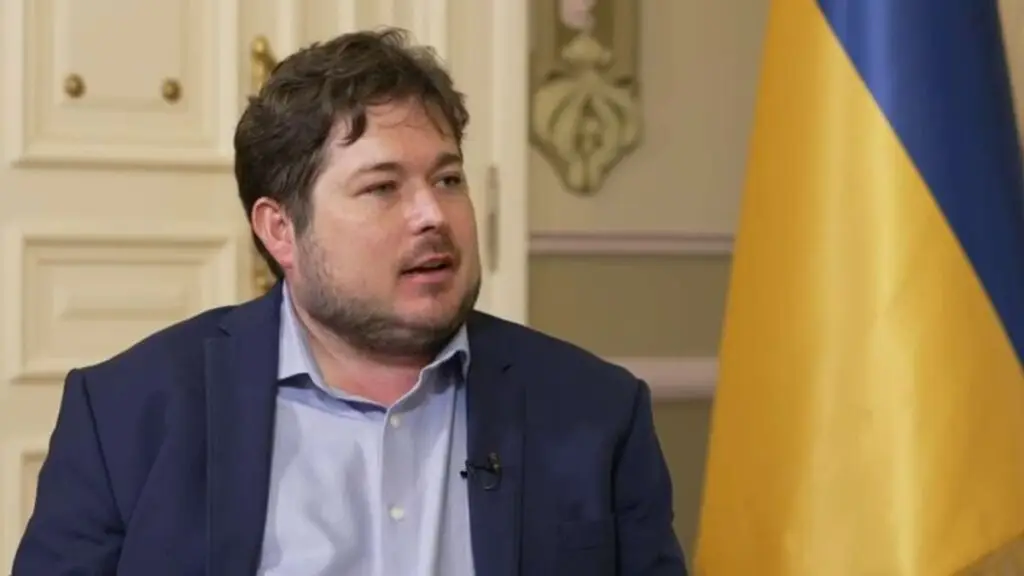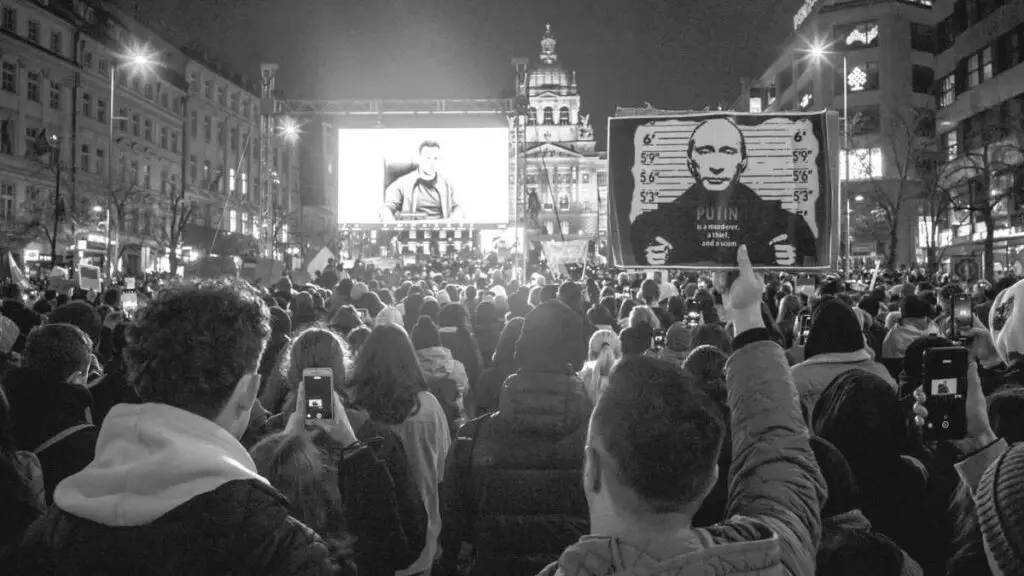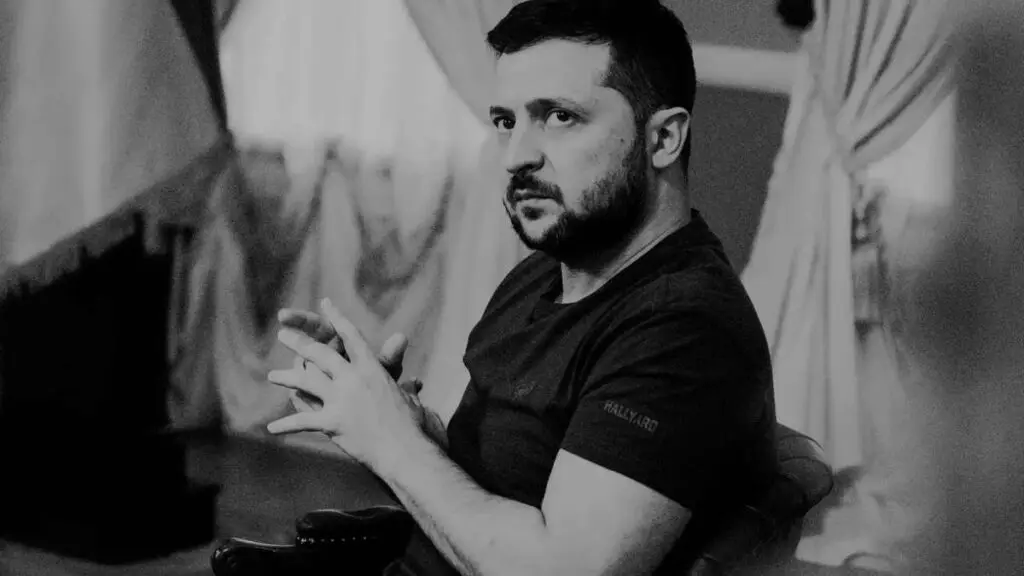By Geoffrey Cain
PRI’s The World
Mar 7, 2013
SEOUL, South Korea — It’s been a mixed week for North Korea.
The country reportedly moved mid-range Musudan missiles away from a launch site at the east coast, a possible sign that leaders won’t test a rocket as feared. But the Supreme Court also sentenced Korean-American Kenneth Bae, who NK News says was an undercover missionary, to 15 years of hard labor.
Underneath the surface, however, North Korea is far more than a country of gulags and missiles.
This week, GlobalPost spoke with Stewart Lone, a former teacher in the capital of Pyongyang, who recently published his e-book memoir, “Pyongyang Lessons: North Korea From Inside the Classroom.”
From 2010 to 2012, Lone, a history professor at the University of New South Wales in Australia, traveled every six months to North Korea to teach high-school boys (and occasionally girls).
“I wanted to explain that there is a variety of experiences,” he said. “My experiences were different.”
For instance, when Lone brought an English-language comic book of The Simpsons for his classroom, he was surprised to learn that everybody was already familiar with the American cartoon.
He found that visitors usually underestimate the wit and sense of humor among North Koreans, and that the country is actually full of interesting characters.
In 2001, when Lone first visited the country, he recounted an acerbic joke from a North Korean soldier near the demilitarized zone (DMZ) near the North-South border.
A Swedish tourist asked the guard how he could possibly light an American cigarette.
“I’m not lighting it,” the guard retorted. “I’m burning it.”
Interested in that biting sense of humor, Lone eventually returned so he could learn about the society.
He isn’t the only foreign teacher to arrive in North Korea. A handful of schools – including Kim Il Sung University, the country’s number one college for politically favored and intelligent students – have brought in teachers from Canada and the Netherlands, to name a few examples.
Lone explained: “People there aren’t afraid to make jokes and talk about various topics.” Rather than call the country a “hermit state” or “isolated state,” he prefers the more neutral term “garrison state,” because the military must take responsibility for what it sees as a constant threat from potential foreign invaders.
The article was originally published in PRI’s The World
See Also:






